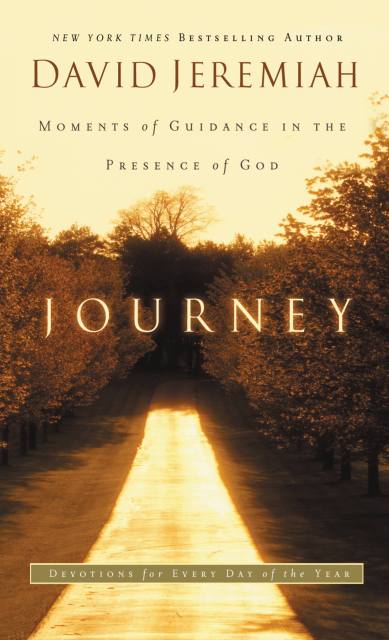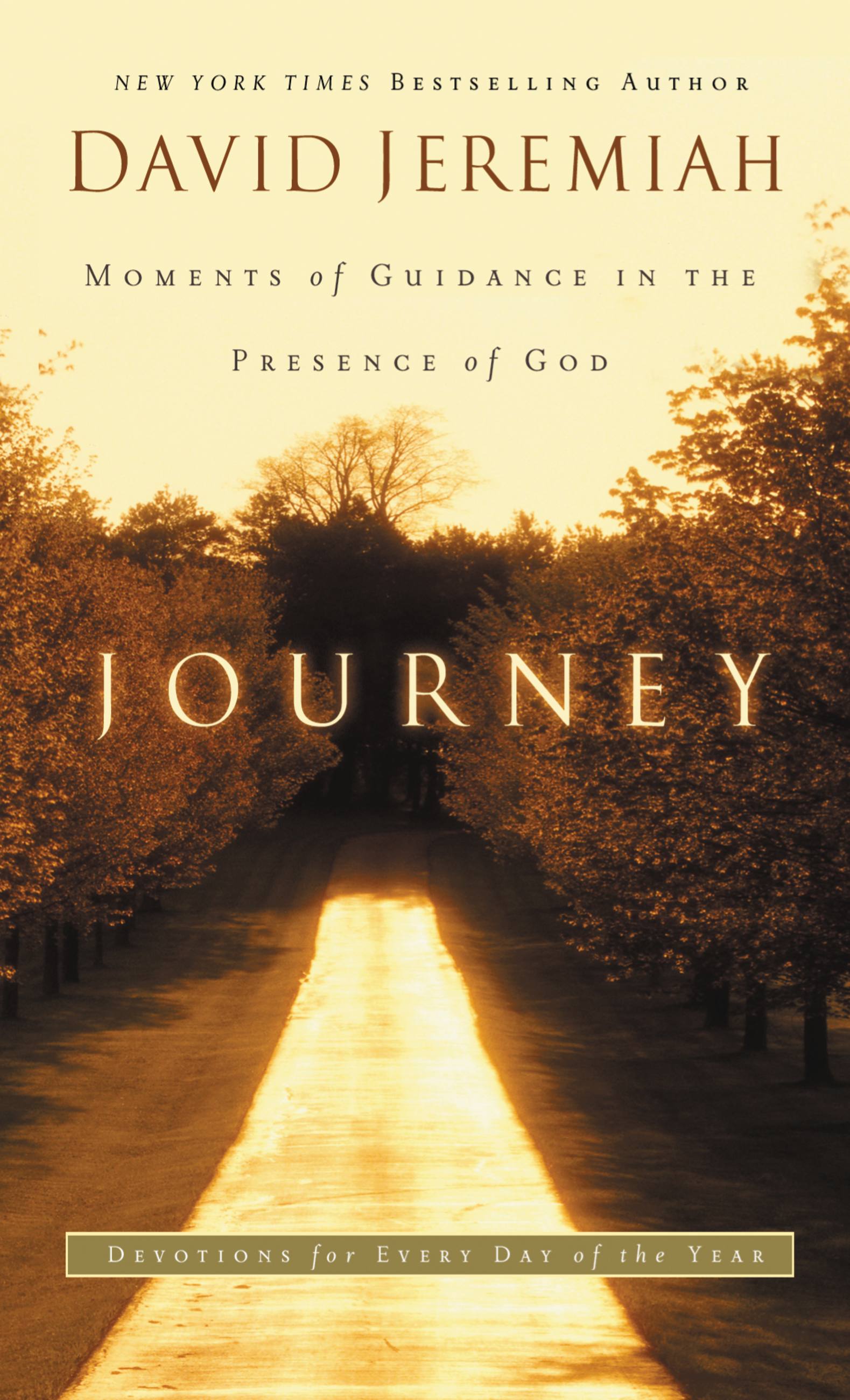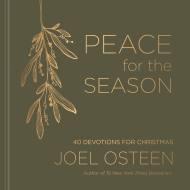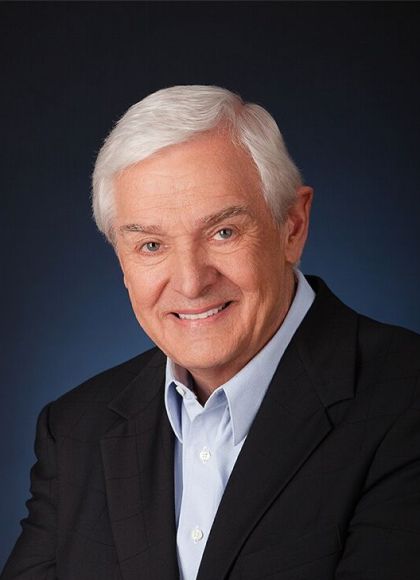Promotion
Use code MOM24 for 20% off site wide + free shipping over $45
Journey
Moments of Guidance in the Presence of God
Contributors
Formats and Prices
Price
$9.99Price
$12.99 CADFormat
Format:
- ebook $9.99 $12.99 CAD
- Audiobook Download (Unabridged)
This item is a preorder. Your payment method will be charged immediately, and the product is expected to ship on or around December 21, 2011. This date is subject to change due to shipping delays beyond our control.
Also available from:
Genre:
- On Sale
- Dec 21, 2011
- Page Count
- 384 pages
- Publisher
- FaithWords
- ISBN-13
- 9781455506187
Newsletter Signup
By clicking ‘Sign Up,’ I acknowledge that I have read and agree to Hachette Book Group’s Privacy Policy and Terms of Use







